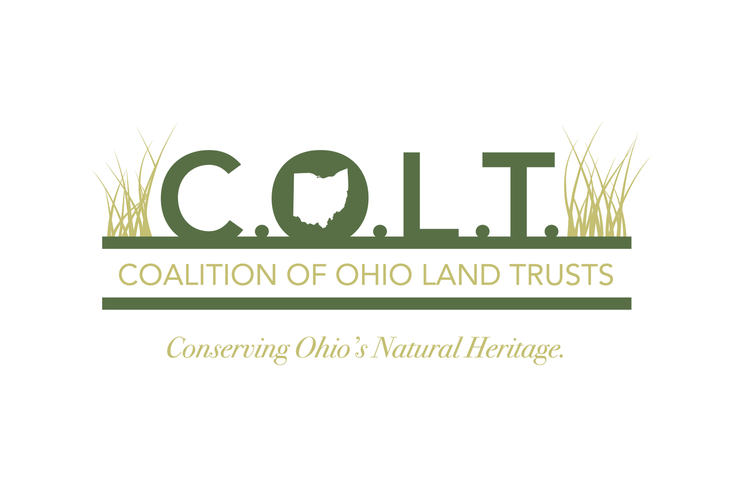Frequently Asked Questions (FAQ) about CE's
FAQ: Land Trusts
What is a Land Trust?
A land trust is a nonprofit organization that, as all or part of its mission, actively works to conserve land by undertaking or assisting in land or conservation easement acquisition, or by its stewardship of such land or easements.
Are land trusts government agencies?
No, they are independent, entrepreneurial organizations that work with landowners who are interested in protecting open space. However, land trusts often work cooperatively with government agencies by acquiring or managing land, researching open space needs and priorities, or assisting in the development of open space plans.
What are the advantages of working with a land trust?
Land trusts are very closely tied to the communities in which they operate. They understand the concerns of the community and the needs of the landowners. Local landscapes differ and have different requirements. In addition, land trusts' nonprofit tax status brings a variety of tax benefits. Donations of land, conservation easements or money may qualify you for income or gift tax savings. And since land trusts are private organizations, they can be more flexible and creative in conservation options than the public agencies can in saving land.
What does a land trust do?
Local and regional land trusts, organized as charitable organizations under federal tax laws, are directly involved in conserving land for its natural, recreational, scenic, historical and productive values. Land trusts can purchase land for permanent protection, or they may use one of several other methods: accept donations of land or the funds to purchase land, accept a bequest, or accept the donation of a conservation easement, which permanently limits the type and scope of development that can take place on the land. In some instances, land trusts also purchase conservation easements.
